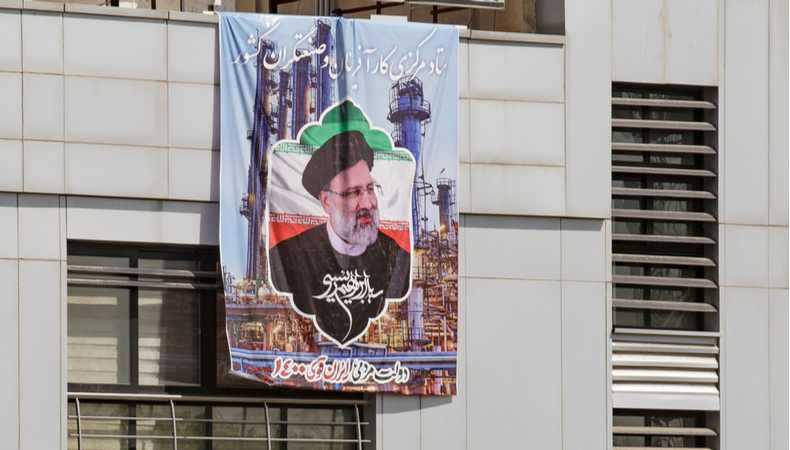Iran, which challenges await the new president Raisi?

After eight years of negotiations with the West, a nuclear deal reached with Barack Obama and then undone by Donald Trump, the moderates leave the scene, and Iran enters a new political phase, with many unknowns for regional balances and negotiations of Vienna, now stalled.
The conservative Ebrahim Raisi, who in June won the presidential elections with the highest abstention in the history of the Islamic Republic, appears today in Parliament to ask for trust with a list of potential ministers. Raisi is a religious without particular charisma who owes his political ascent to the Supreme Leader Ali Khamenei and the support of a large part of the Pasdaran. The body of the guardians of the Revolution was born as a revolutionary militia in Khomeini’s Iran and which has become the most powerful apparatus military and industrial sector of the country.
Raisi is heavily responsible for 1988 when during the war with Iran, the committee to which he was a member decided to execute thousands of political prisoners. Human rights organizations also accuse him of having played a role in the suppression of the protests in 2019: at the time, he was head of the judiciary, and none of those responsible for managing the squares, where at least 300 people were killed, were tried.
What posture will the new Iranian president want to adopt on the nuclear dossier – whether an extremist approach as the most authoritarian factions of the regime would like or a more pragmatic one to obtain sanctions removal? That is the question that the European chancelleries ask in these hours.
At stake are the negotiations for a JCPOA agreement return, the stability of the Gulf, and the entire region. But, unfortunately, the news of the last few days in this sense does not reassure. Last Thursday, the attack on the Mercer Street oil tanker in the Gulf of Oman, run by an Israeli-owned company, and cost the lives of two crew members, sparked a severe confrontation with Washington, London, and Jerusalem.
Yesterday the Israeli Defense Minister Benny Gantz openly accused the guardians of the Revolution of the attack. In a meeting with the ambassadors of the United Nations Security Council member countries, he mentioned the names of the commander of the Pasdaran Air Force, General Amir Ali Hajizadeh, and Saeed Aghajani, the head of the section dealing with drones.
Iran denies having played any role in the explosion on the Mercer and the attempted hijacking of another oil tanker two days ago, off the Gulf coast: “False flag,” undercover operations to prepare the ground for an attack against us, he argues. Tensions also rose yesterday on the border between Lebanon and Israel when the Israeli army responded with artillery fire to the launch of three rockets. Again, unfortunately, frequent episodes, often the work of the Palestinian militant factions and not of Hezbollah, the paramilitary movement financed and supported by Iran, but which for Jerusalem are a further cause for alarm.




